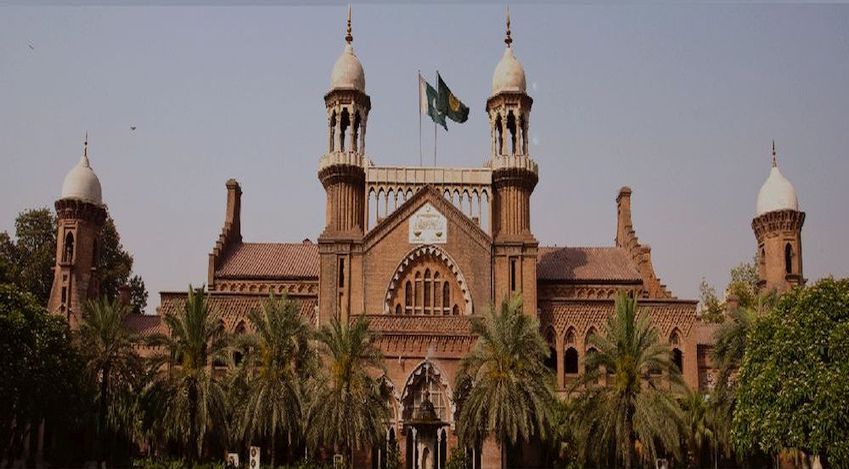Customs Act does not mandate Automatic Confiscation --- The Authorities must provide fair opportunities for defense and consider proportionality --- Lahore High Court, Lahore
Islamabad 23-12-2024: In a significant judgment, the Lahore High Court (LHC) has ruled in favor of applicants Jahanzaib and another, overturning the outright confiscation of their oil tanker carrying 48,000 liters of high-speed diesel by customs authorities. The Court emphasized the importance of judicial discretion, adherence to natural Justice, and the distinction between “liable to confiscation” and “shall be confiscated.”
On February 23, 2023, the oil tanker in question was intercepted by customs officials on suspicion of carrying smuggled goods. The driver abandoned the vehicle, leaving no documents to establish the lawful import or procurement of the diesel. The adjudicating authority subsequently ordered the confiscation of both the tanker and its contents, citing violations of the Customs Act, 1969, Import & Export (Control) Act, 1950, and related statutes.
The applicants challenged this decision before the Customs Appellate Tribunal, which dismissed their appeal. They then filed a reference before the Lahore High Court under Section 196 of the Customs Act, 1969, arguing that the confiscation was unjust and violated principles of natural Justice.
Mr. Justice Muhammad Sajid Mehmood Sethi delivered the judgment, addressing key legal questions:
- The Court clarified that the phrase “liable to confiscation” under Section 157(2) of the Customs Act, 1969 grants authorities discretionary power to confiscate a vehicle. It does not mandate automatic confiscation, as wrongly interpreted by the Customs Appellate Tribunal.
- The Lahore High Court criticized the tribunal for failing to give the applicants a fair opportunity to present evidence or justify ownership. Citing the Supreme Court’s decision in Haji Abdul Razzak Vs. Pakistan (PLD 1974 SC 5), the Court reaffirmed that confiscation decisions must adhere to principles of fairness and proportionality.
- The Court highlighted that Clause (f) of the notification allows adjudicating authorities to redeem vehicles unless they fall under Clause (b), which deals with vehicles used in smuggling activities. The tribunal failed to consider this provision.
- Emphasizing the binding nature of earlier judicial decisions, the Lahore High Court referred to Collector of Customs Vs. Customs Appellate Tribunal (2020 PTD 209) and other precedents to support its reasoning.
The Court ruled in favor of the applicants, holding that the confiscation order was improper and violated judicial principles. It directed the Customs Appellate Tribunal to reassess the case in light of the judgment and the principles laid out in Section 196(5) of the Customs Act, 1969.
Powered by Froala Editor








